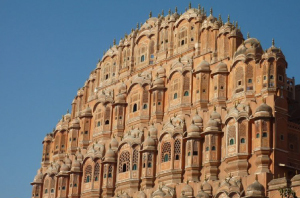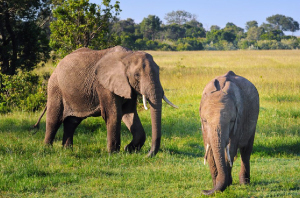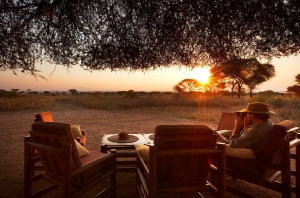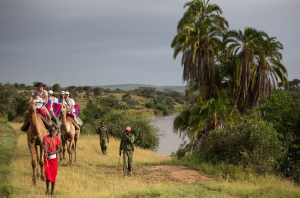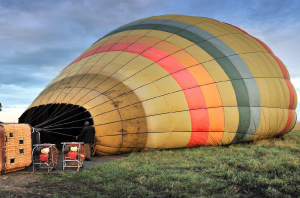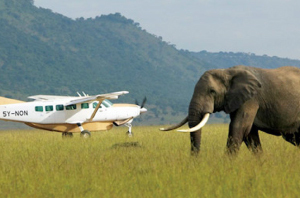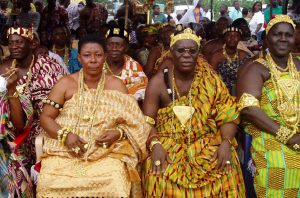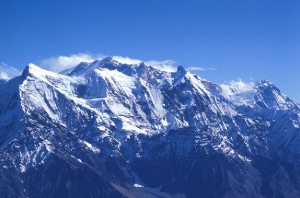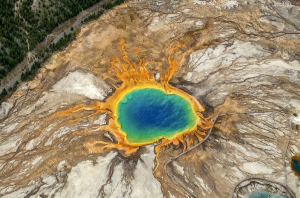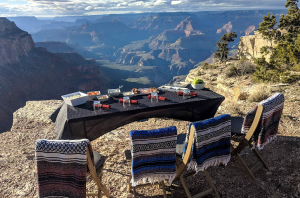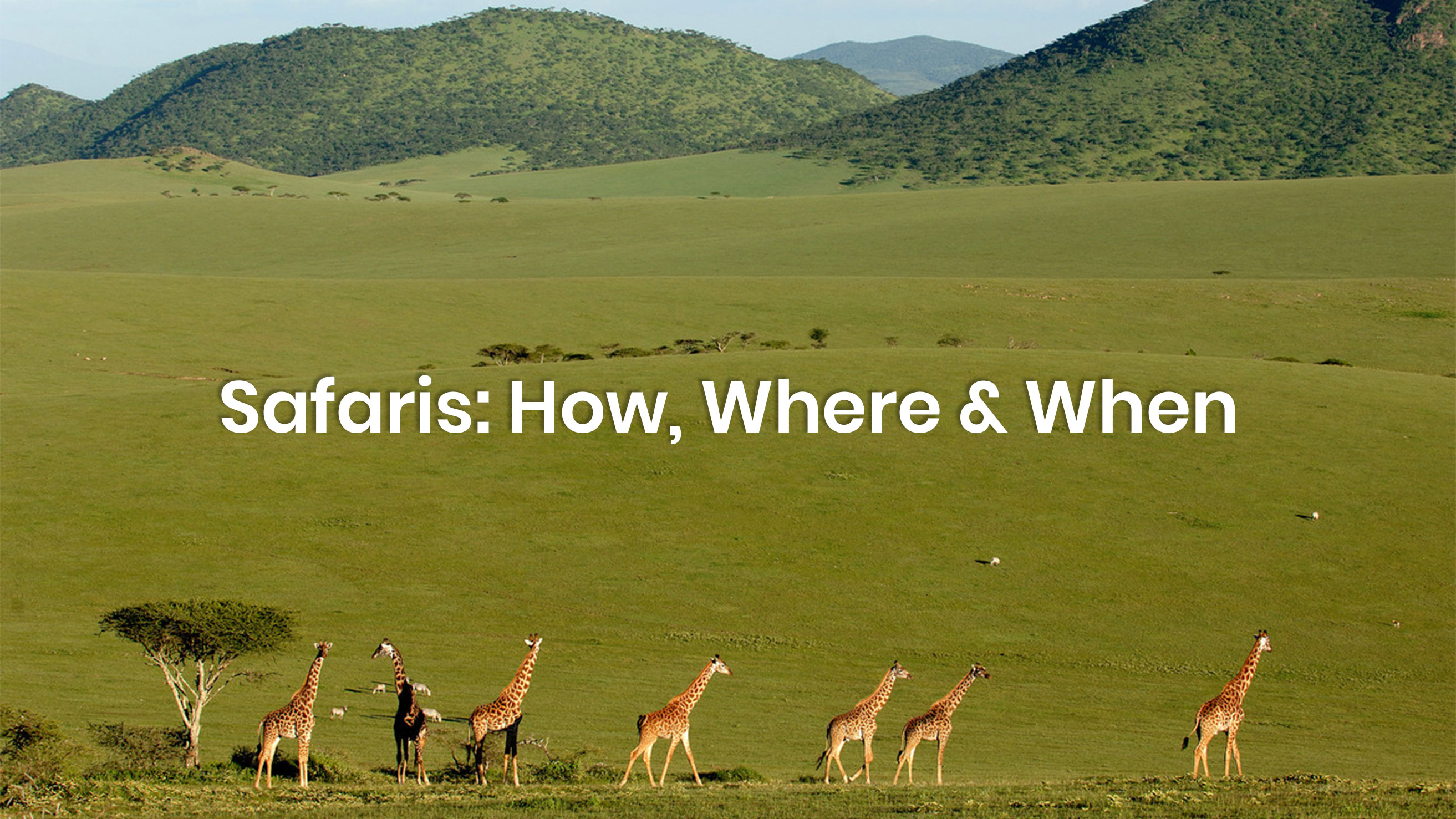The key to enjoying a safari is to expect the unexpected. Anyone who has arrived with a checklist is sure to be disappointed as they are not only narrowing their field of vision, but apply unnecessary pressure on themselves. A safari experience is at the mercy of so many factors – weather, food, water sources that directly affect animal movements. You have to let things unfold naturally to truly take in the experience as each day is different from the previous day. Your professional safari guide is able to anticipate where the best wildlife viewing is based on their knowledge of the terrain and decades of experience. Read our blog on Beyond the Big 5.
Guests are always asking of how they can be assured of an excellent safari experience.
Below you will find some of the advise we give our guests when planning their safari
1. Conservancies Vs. National Parks?
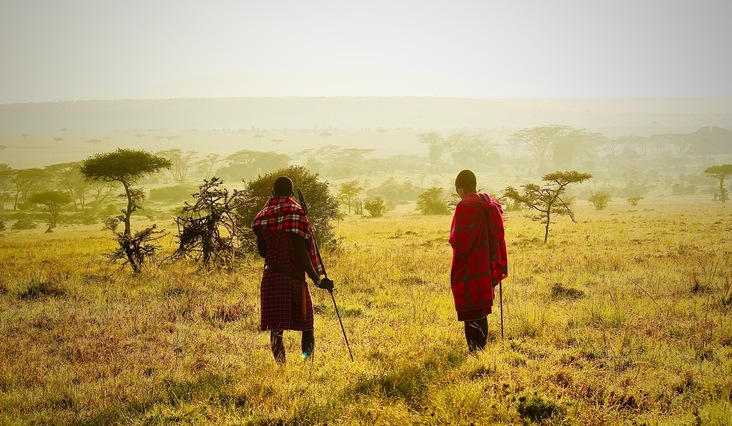
Both are excellent choices. However, national parks are open to the public and typically more crowded especially during the peak season. In Kenya and Tanzania, the annual migration draws thousands of guests over a 2-3 month period and and it is not unusual to see a dozen vehicles around a pride of lions. Unfortunately for many guests, this is a major turn off. What we recommend is that you stay in conservancies. There are large tracts of pristine wilderness – often tens of thousands of acres – that are adjacent to the the national parks. This is typically the ancestral land of the Masai tribes that are leased to a handful of camps and lodges.
Conservancies/ private game reserves act as a buffer between the national park and human settlement allowing wildlife to move freely. Because there are very few lodges there you will only encounter only 2-3 other vehicles. And because the wildlife moves freely, guests often end up seeing everything (except for hundreds of humans of course!) Other advantages of staying in a conservancy/ private game reserve:
1. You can go off road which means animal encounters can be upfront and personal.
2. You can go on a guided walking safari and enjoy a bush breakfast!
3. Your schedule can remain fluid although we recommend following your guides recommendation on getting out in the early morning when wildlife is the most active.
4. Access to conservation and community projects that are supported by the lodge you are staying at. Guests can see first hand where some of their tourism dollars are being spent and the direct impact it has.
2. Private Guide & Vehicle Vs. Shared?
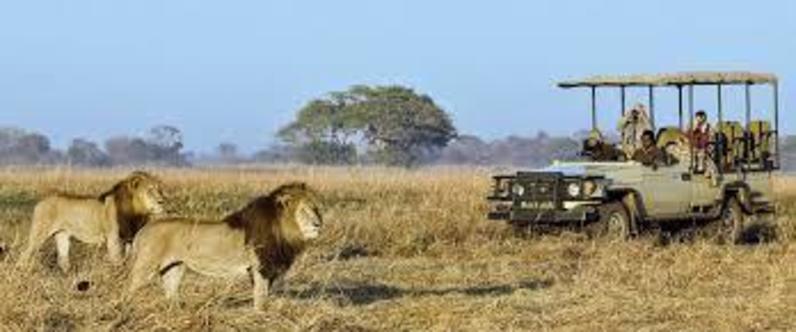
Lodges in conservancies/ private game reserves offer safaris in a shared 4x4 vehicle up to a maximum 6 guests. It is possible to book a vehicle and guide on a private basis for a supplemental cost especially if you have young children, prefer your own schedule and not be bothered by someone elses agenda. This is a perfect way to traverse wildlife areas at your own leisure and spend adequate time viewing wild life without feeling rushed. If you don't wish to spend extra money on a private vehicle, a shared safari is perfectly fine as well. In fact, if you are just a couple traveling, it is always fun to mingle with others who share the same interest with you.
3. You Get What You Pay For
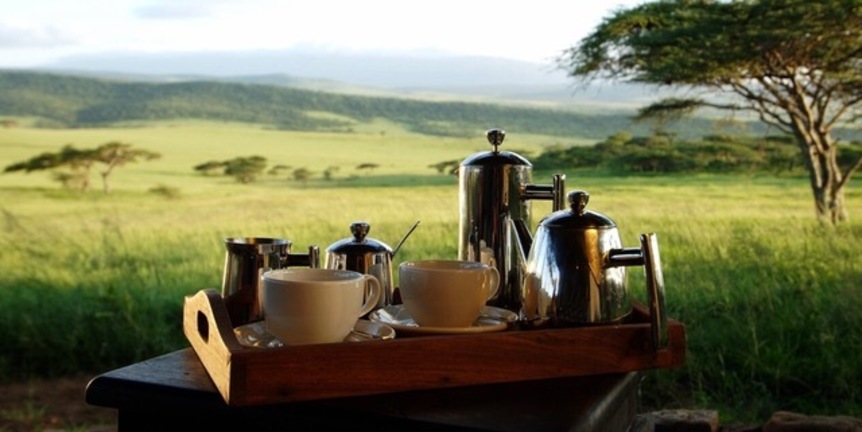
Imagine waking up at dawn with a fresh brew waiting for you outside your room. As you get ready for your morning safari the cacophony of birds has started announcing the day. The quality of the accommodations and location is all part of the experience: from the decor, to services, attention to detail, variety of cuisines and quality of guides. At Immersion Journeys, we help guests with selecting the right places depending on their budget.
We don't advocate for only swanky properties, but we do recommend a budget starting at $1,000 per person per night that covers your daily park fees, transport, guide and accommodations including three meals a day. This gives you a good variety of properties to select from whether they are in conservancies or in national parks.
4. Peak Season Vs. Secret Season?
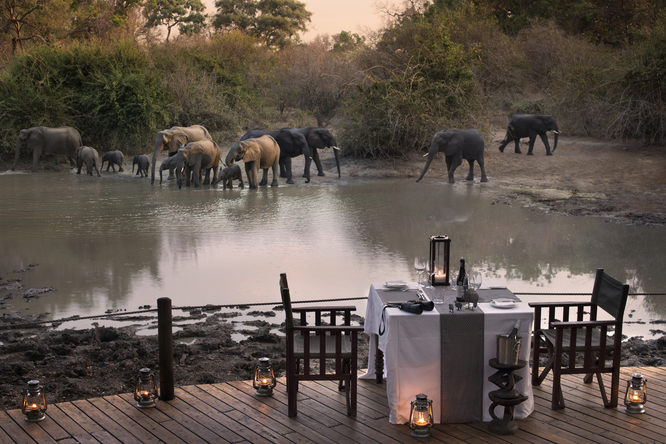
Anytime is a good time to go on safari in Africa. Read our blog on the Secret Season.
It is not unusual for guests to be on a tighter budget. If that's the case, we highly recommend going in the shoulder or low season. There are fewer tourists but the game viewing is still amazing and the cost is often 20% cheaper if not more! Yes, you may catch a rain shower or two or it may be hotter than usual but the adventure element remains strong. For east Africa we recommend traveling between April and early-June while in southern Africa it is between November and March.
Ready to start planning? Give us a shout and we will be happy to explore ideas with you.

